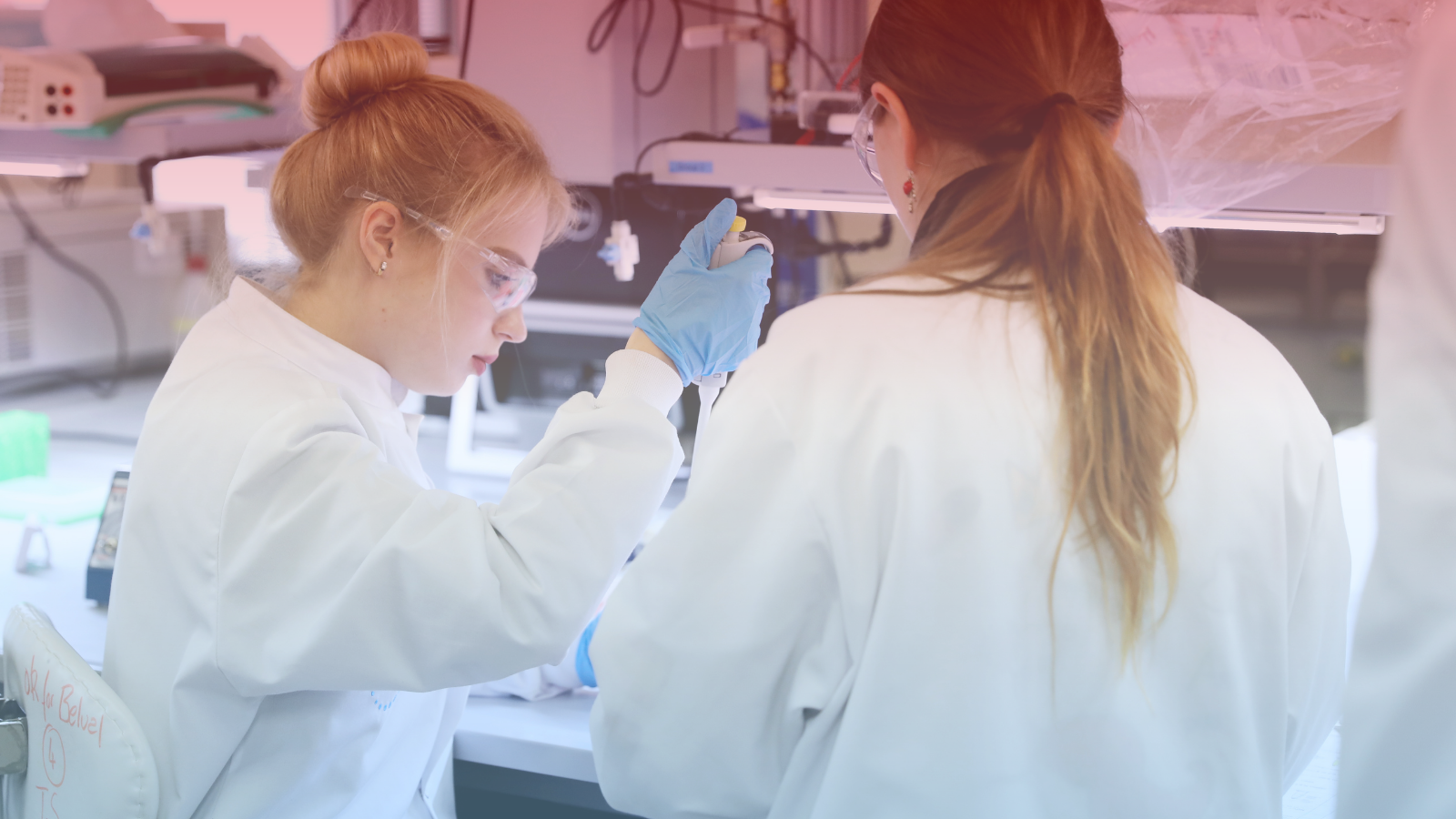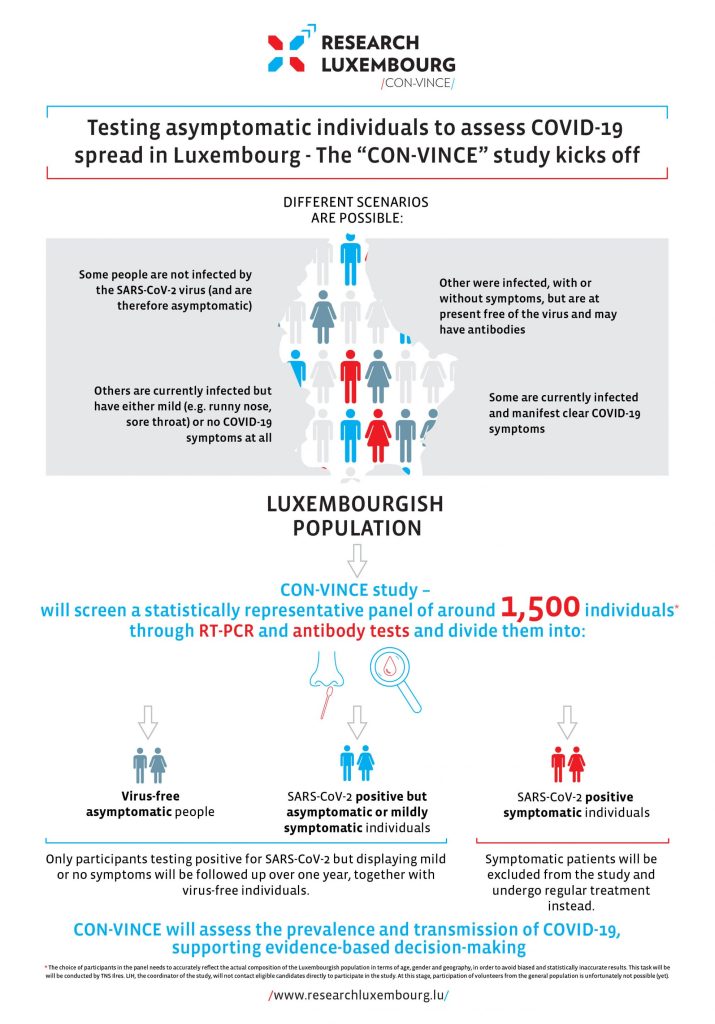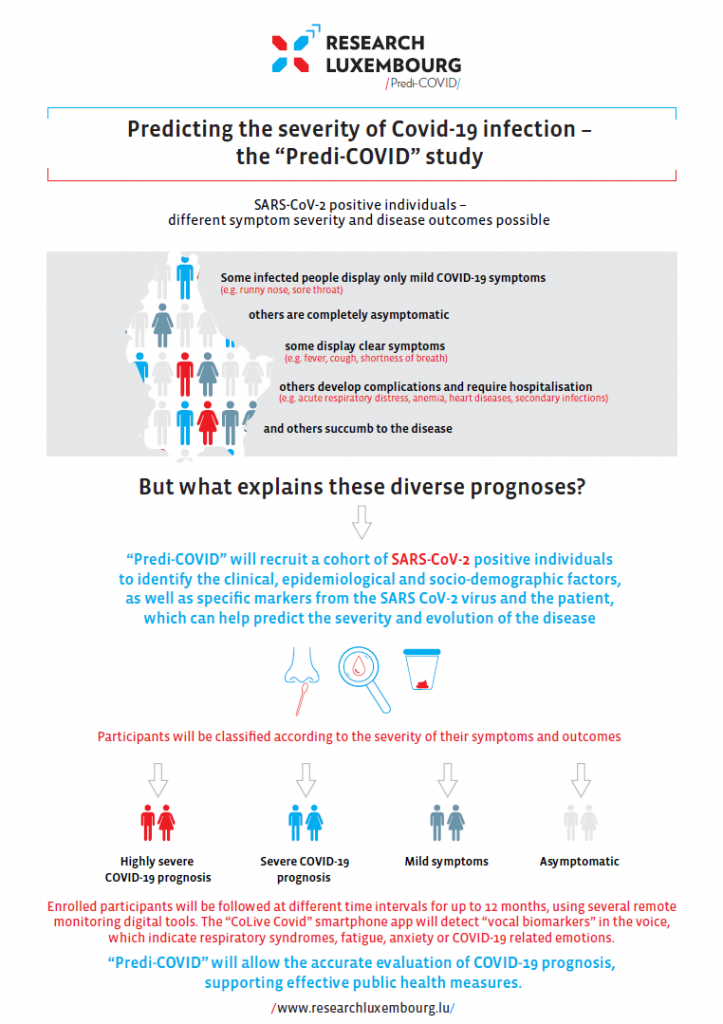Luxembourg rewarded for its translational medicine excellence
13 September 2021

Translational medicine.
The Luxembourg node of the European Research Infrastructure for Translational Medicine (EATRIS) network was granted the EATRIS Node Reward Framework award for its significant contribution to the efforts and impact of the European infrastructure in advancing translational medicine in 2020.
The EATRIS Luxembourg Node, coordinated by Luxembourg Institute of Health (LIH) and its Integrated Biobank of Luxembourg (IBBL), as well as the Luxembourg Centre for Systems Biomedicine (LCSB) of the University of Luxembourg, was rewarded for its achievements in terms of translational research.
The award recognised the remarkable efforts of the Luxembourg Node members with regard to Research Luxembourg two flagship COVID-19 studies CON-VINCE and Predi-COVID, as well as the collaborative FNR-funded doctoral training programme i2TRON.
Research Luxembourg institutes standing together
The EATRIS institutes in Luxembourg play a crucial role in setting up training programmes and clinical studies focused on translational science and personalised medicine. This excellence was particularly evident in 2020, when all research institutes in Luxembourg came together to rapidly and effectively respond to the COVID-19 pandemic, while pursuing their existing research activities
CON-VINCE was launched in April 2020 as one of the several initiatives put in place under the aegis of the Research Luxembourg COVID-19 task force to help contain the current pandemic. By screening a statistically representative panel of volunteers for the presence of the SARS-CoV-2 virus, the study will identify asymptomatic and mildly symptomatic individuals and follow them up for a year.
Ultimately, the study aims to generate accurate data on the prevalence and transmission of the disease, assisting policy-makers in taking evidence-based decisions.
The Predi-COVID study aims to identify important risk factors and biomarkers associated with COVID-19 severity and long-term health consequences of the disease in Luxembourg. Predi-COVID will contribute to better understanding why some patients infected by SARS-CoV-2 develop severe symptoms while others present only mild forms, which will ultimately lead to more personalised care recommendations.
The study will also include household members of Covid-19 positive participants to study the transmission of the virus in this high-risk population.
EATRIS was founded in 2008 as a research infrastructure comprising over 114 non-profit and academic translational research institutions, located in 14 European member states, collaborating to overcome the fragmentation of the academic research environment and to consolidate knowledge and expertise, with the ultimate aim of accelerating the translation of scientific discoveries into benefits for patients.










